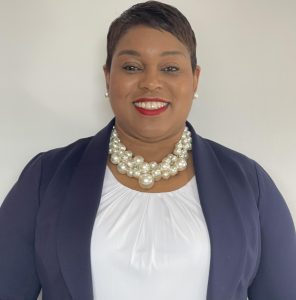Does Pop Culture Divide Generations?
January 6, 2022
What is pop culture? Is it all the different mass media that we consume? Perhaps it is the popular type of culture that is found in younger people.
While there are a number of definitions of what pop culture is, one particular thing is evident: people consume it with great vigor.
Oxford English Dictionary identifies pop culture as “the set of practices, beliefs, and objects that embody the most broadly shared meanings of a social system.” Ultimately, it influences our daily actions and beliefs and is why there is a gap between the different generations, especially between Gen Z and Millennials and older generations.
Pop culture influences fashion, musical tastes, and even political leanings and social values. However, this influence is not as widely seen in older generations. Apps like Tik Tok, Instagram, and even Youtube also play a part in influencing our day-to-day actions and beliefs, something that older generations are familiar with, but are not as engaged with as younger generations.
This impact of pop culture on Gen Z and Millenials is supported by Dr. Siobahn McEvoy-Levy, a Professor of Political Science, Peace and Conflict Studies at Butler University. Dr. McEvoy-Levy says, “Pop culture helps shape how people view social justice, youth activism, and international relations, and is used as a tool by activists and policymakers.” Pop culture is the basis of how we view multiple problems and is used often by activists and policymakers to pull us in.
Additionally, Dr. Jobb Arnold, an Assistant Professor of Conflict Resolution Studies at Menno Simons College, associated with the University of Winnipeg and the Canadian Mennonite University in Canada says, “social media and the internet have given people the opportunity to share stories in a non-hierarchical fashion.” He also says that there is room for a variety of perspectives in this discursive space, and helps people imagine diverse futures for society. Mass media is behind our views as we are able to share stories and perspectives. This then leads to people being able to imagine and create various futures with these experiences.
The messages by both Dr. McEvoy-Levy and Dr. Arnold express that pop culture and what we consume plays a huge part in how we view society and how society views us.
The distinctions between different generations might also have to do with how the differences of pop culture from many years ago and today vary, and how much more pop culture influences our beliefs today than it once did.For example, Gen Z is said to be more racially and ethnically diverse and on track to be the most well-educated generation in U.S. history. Pew Research Center conducted a survey in 2018 and found that in American teens 13 and older, Gen Zers are progressive and pro-government, see America’s growing racial and ethnic diversity as a good thing, and are less likely to see the U.S. as superior to other nations than the older generations do.
Gen Zers share a lot of the same beliefs as Millenials. Both believe that climate change is caused by human interference and African Americans are treated less fairly than whites. Even though Millennials and Gen Zers share a lot of similarities, a slight difference that the Pew Research Center found was that Gen Z would most likely look to the government to solve problems. Pew found that about 70% of Gen Zers say that the government should do more to solve problems, while 64% of Millennials agree.
On the same front, Pew also found that 53% of Gen Xers, 39% of the Boomers, and 39% of the Silent Generation agree with Gen Zers. As the generations go down, so do the percentages of people who look up to the government.













































